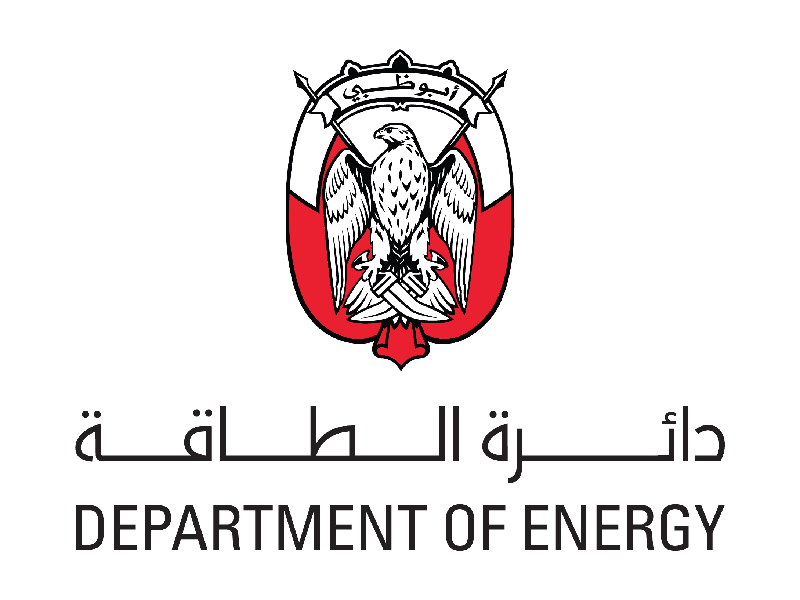
The Abu Dhabi Department of Energy (DoE) has launched Policy for Energy Production from Waste (EFW) in the Emirate of Abu Dhabi in an effort to support Abu Dhabi’s transition towards a more sustainable economy highlight the circular economy’s role.
The Policy is in line with the DoE’s role in leading the Abu Dhabi energy sector, developing the energy ecosystem to meet international standards, enhancing resource sustainability, preserving the environment, and addressing climate challenges.
It reflects the DoE’s commitment to enhancing Abu Dhabi’s strategies in both the energy and waste management sectors, and allows for deeper examination of the strategic investments that affect supply and demand in the local energy sector, in addition to regulating prices, fees, and tariffs. The Policy applies to all EFW activities in the Emirate of Abu Dhabi.
The launch took place in coordination between the Abu Dhabi Department of Energy and various relevant entities in the emirate, namely Abu Dhabi Development Holding Company (ADQ), the Abu Dhabi Waste Management Centre (Tadweer), Abu Dhabi Power Corporation, Abu Dhabi National Energy Company (TAQA), Emirates Water and Electricity Company (EWEC), Abu Dhabi Transmission & Despatch Company (TRANSCO), Environment Agency Abu Dhabi, Department of Municipalities and Transport in Abu Dhabi, and Masdar City.
DoE Undersecretary His Excellency Mohammed bin Jarsh Al Falasi said: “The Abu Dhabi Department of Energy conducts integrated operations to develop the entire energy sector in accordance with an ambitious vision for the future that guarantees the sustainability of natural resources, aims to preserve the environment, and strives to meet the sector’s commitments towards the growing demand for energy in the years ahead.”
“The Policy for Energy Production from Waste in the Emirate of Abu Dhabi is a major step forward towards developing the waste-to-energy sector and channelling investments towards it in order to benefit from this new and critical energy source,” H.E. explained.
“The new Policy is the result of collaborative efforts between the Abu Dhabi Department of Energy and various entities,” H.E. Al Falasi continued. “We hope to use it to fulfil the vision and directives of our wise leadership, which aim to promote Abu Dhabi as a global hub for sustainability and the circular economy. Our objective is to develop and expand pioneering waste-to-energy projects, and set a global sustainability benchmark here in the emirate.”
The DoE launched the Policy for Energy Production from Waste in the Emirate of Abu Dhabi to support and empower waste-to-energy projects in the emirate. It outlines a set of relevant procedures, namely, coordinating between the energy and waste management sectors in Abu Dhabi; developing and selecting waste-to-energy projects; setting processes to cover costs and set prices for energy generated at waste-to-energy power plants; licensing, regulating, and monitoring waste-to-energy power plants; and outlining the Emirates Water and Electricity Company’s commitments.
The Policy aims to address the potential challenges to the development of Energy from Waste (EFW) in Abu Dhabi; it seeks to facilitate the development of EFW in the emirate by addressing, minimising, and/or removing potential barriers that may exist in the energy sector for any future development of waste-to-energy projects in Abu Dhabi.
To achieve its objectives, the Policy sets out principles for the future development of EFW that are considered from an energy sector perspective. It also sets out the mechanism to establish the energy sector’s contribution to the allocation of the recovery of EFW costs.
The Policy stipulates that EFW should provide value for money, with a fair and proportionate allocation of the recovery of EFW costs to waste and energy end users. This allocation mechanism should reflect the net benefits that each of the waste management and energy sectors derive from EFW.
Furthermore, the Policy calls for waste-to-energy projects to be safe, reliable, efficient and economically purchased. This, in turn, requires these projects to meet a set of conditions, most notably, EFW projects should be operated under the principle of economic efficiency and include emissions reduction technology, among other technologies available in the industry for this purpose, in line with the leading objective to reduce GHG emissions.
As for the allocation mechanism for EFW cost recovery from the energy sector, the Policy clarifies that it should be based on an approach that estimates the energy sector’s avoided costs from EFW electricity. The price for electricity from EFW is determined by the Long Run Marginal Cost (LRMC) of the Energy Sector avoidable costs from EFW electricity.
As per the Policy, Emirates Water and Electricity Company (EWEC) is required to provide a report for the EFW energy LRMC estimate to the Abu Dhabi Department of Energy for approval. The DoE must also approve EWEC’s requirements to move forward with these projects.
